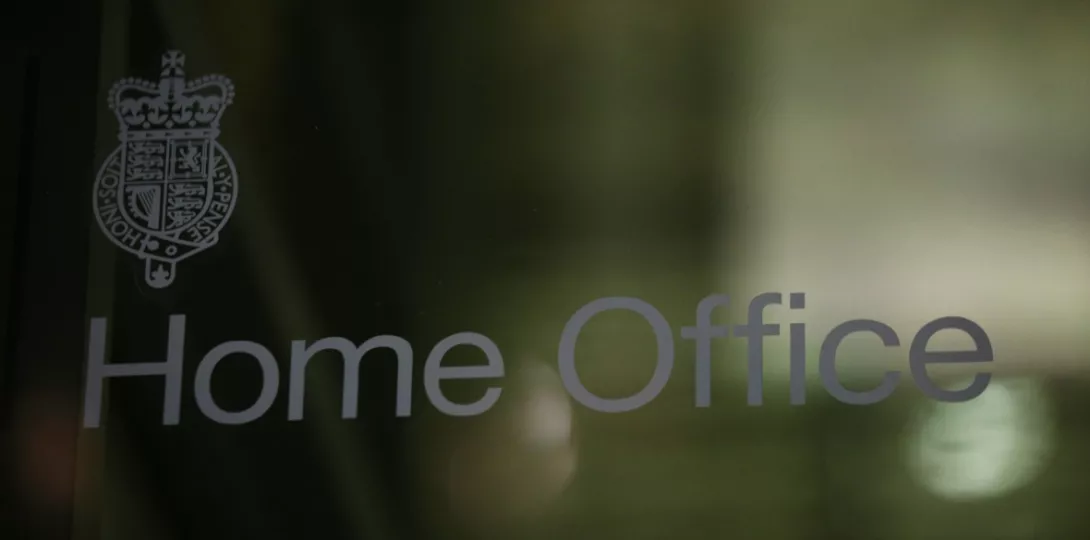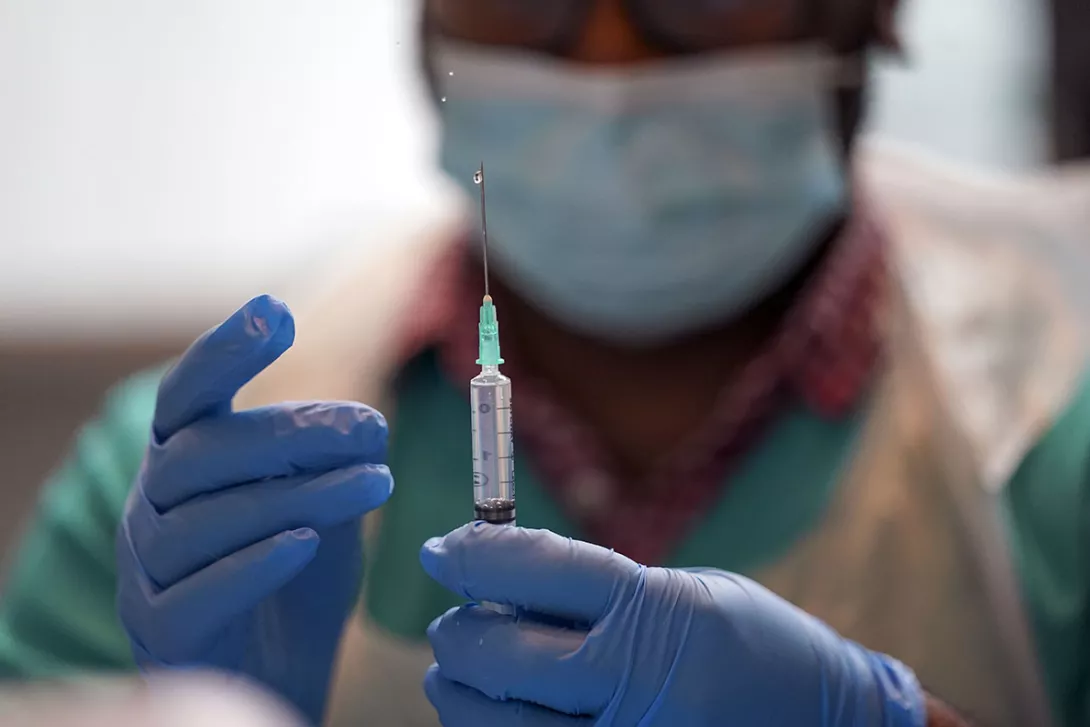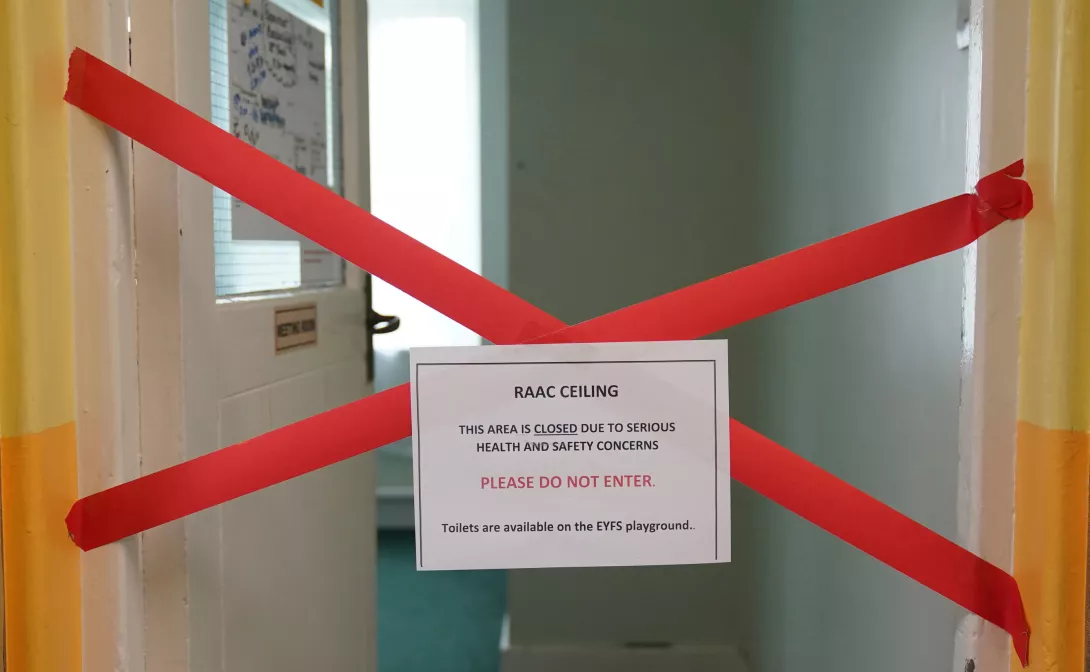Urgent action needed as popular kitchen worktop material linked with fatal lung condition
MEDICS have called for urgent action to protect workers who cut artificial stone amid growing fears of another “asbestos-type health catastrophe.”
The government has been urged to consider banning the popular kitchen worktop material after a scientific paper documented a steep rise in an incurable lung condition linked to its manufacture.
Kitchen worktops made from artificial stone are cheaper than natural stone, such as granite or marble, but contain significantly more silica, which is released into the air when the material is cut.
More from this author

Palestine Solidarity Campaign director Ben Jamal denies breaching anti-protest laws
Similar stories
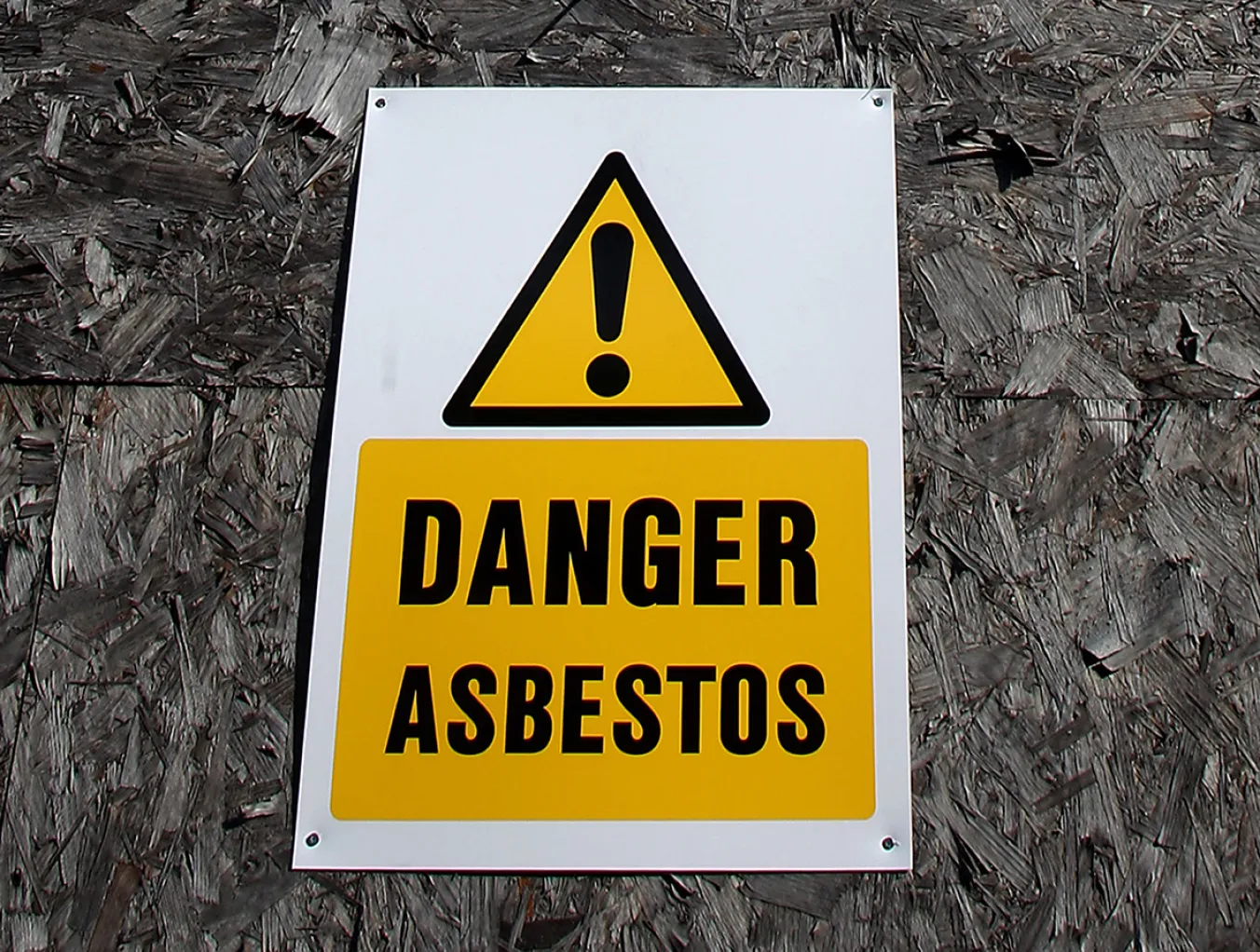
HANK ROBERTS warns that new research predicts a catastrophic rise in asbestos-related deaths among former pupils and teachers as school buildings deteriorate, bursting the ‘it’s safe if not disturbed’ myth
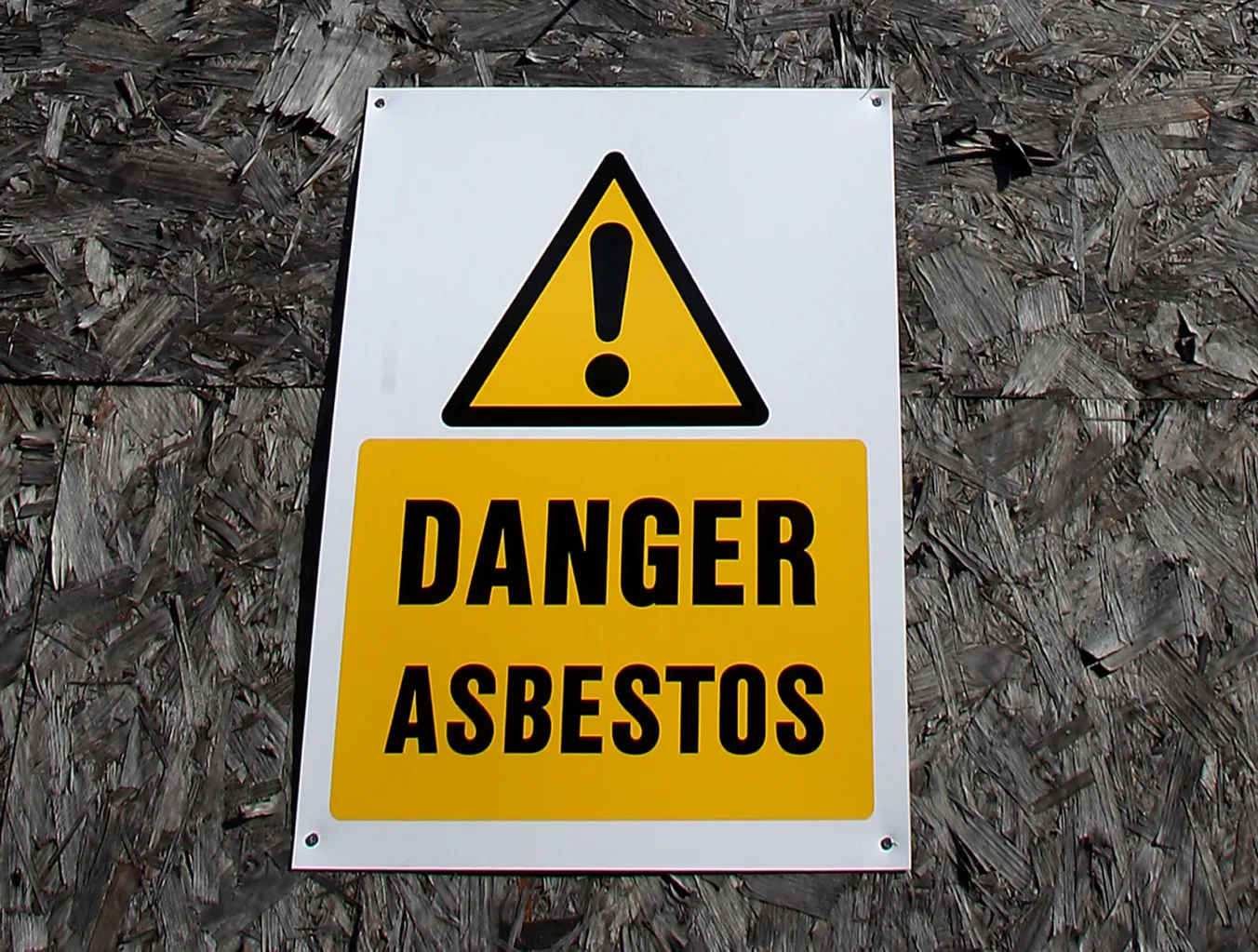
JON TRICKETT calls for a renewed commitment to driving up safety standards in all workplaces










